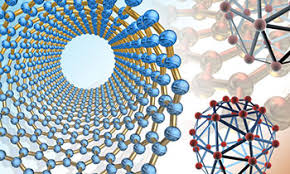Mechanical and Materials Engineering, Department of

Department of Mechanical and Materials Engineering: Faculty Publications
Document Type
Article
Date of this Version
10-31-2022
Citation
Nature Communications | ( 2022) 13:6503. https://doi.org/10.1038/s41467-022-34333-2
Abstract
Micro/nano electromechanical systems and nanodevices often suffer from degradation under electrical pulse. However, the origin of pulse-induced degradation remains an open question. Herein, we investigate the defect dynamics in Au nanocrystals under pulse conditions. By decoupling the electron wind force via a properly-designed in situ TEM electropulsing experiment, we reveal a non-directional migration of Σ3{112} incoherent twin boundary upon electropulsing, in contrast to the expected directional migration under electron wind force. Quantitative analyses demonstrate that such exceptional incoherent twin boundary migration is governed by the electron-dislocation interaction that enhances the atom vibration at dislocation cores, rather than driven by the electron wind force in classic model. Our observations provide valuable insights into the origin of electroplasticity in metallic materials at the atomic level, which are of scientific and technological significances to understanding the electromigration and resultant electrical damage/failure inmicro/ nano-electronic devices.
Included in
Mechanics of Materials Commons, Nanoscience and Nanotechnology Commons, Other Engineering Science and Materials Commons, Other Mechanical Engineering Commons


Comments
Open access.